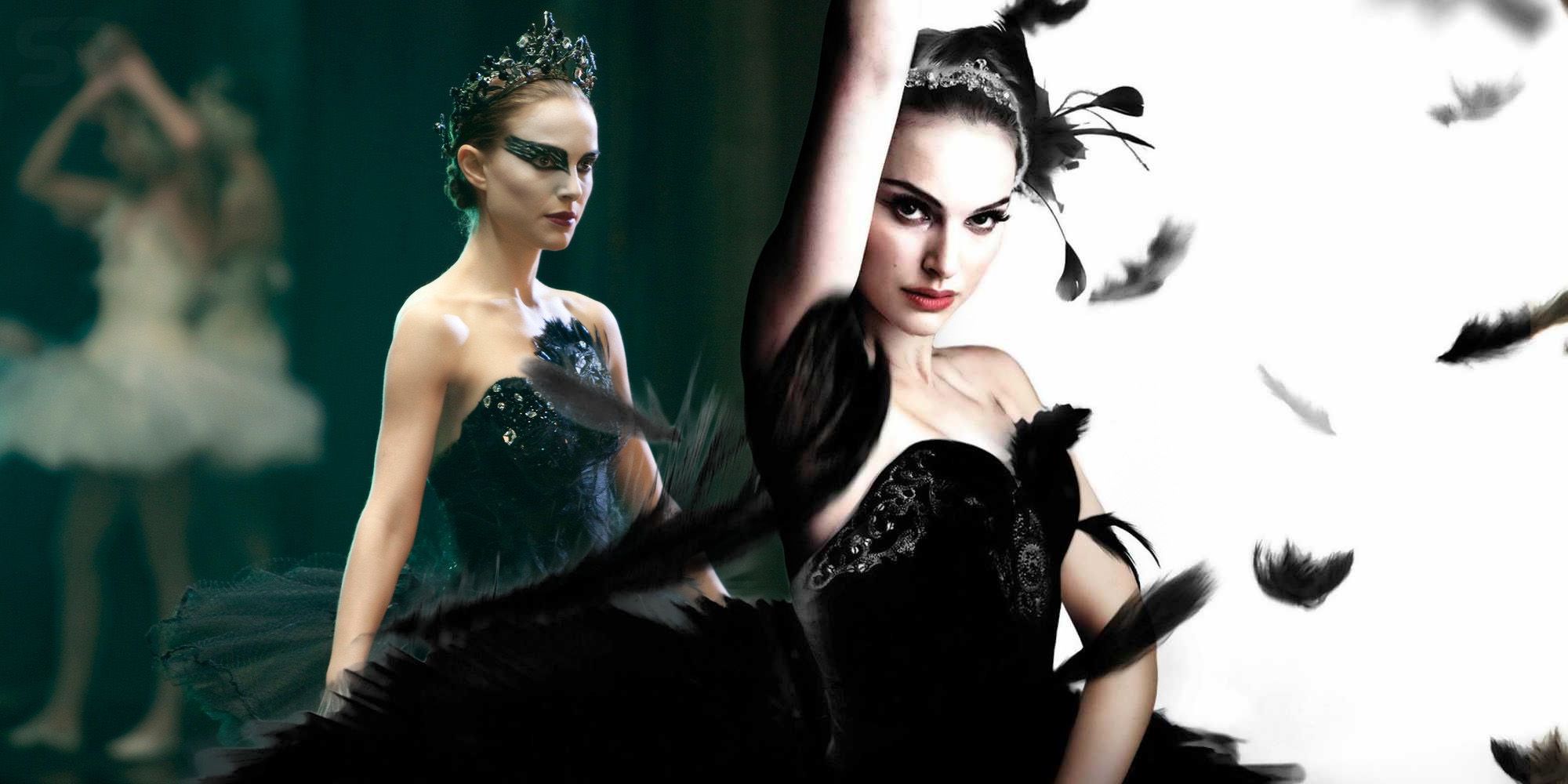Black Swan, directed by Darren Aronofsky, is a psychological thriller that delves into the world of professional ballet, exploring the thin line between passion and obsession. The film centers around Nina Sayers (Natalie Portman), a talented but fragile ballet dancer who secures the lead role in a New York City production of “Swan Lake.”
As Nina strives for perfection, her artistic director, Thomas Leroy (Vincent Cassel), challenges her to embody both the innocent White Swan and the seductive Black Swan. As Nina immerses herself in the demanding role, the pressure intensifies, and her grasp on reality begins to unravel. She becomes increasingly haunted by a rival dancer, Lily (Mila Kunis), who embodies the free-spirited qualities required for the Black Swan.
The narrative weaves a psychological thriller, blurring the boundaries between Nina’s reality and hallucinations. As the pressure mounts, Nina’s mental state deteriorates, and the film takes the audience on a harrowing journey through the dark recesses of her mind. Black Swan becomes a riveting exploration of the sacrifices one makes for art and the psychological toll of striving for perfection.
Characters
:max_bytes(150000):strip_icc():focal(659x209:661x211)/natalie-portman-black-swan-121422-db2c09466554482dbcf11f1b75aa7a14.jpg)
The characters in Black Swan are a mesmerizing ensemble, each contributing to the film’s psychological intensity.
- Nina Sayers (Natalie Portman): Portman’s portrayal of Nina is a tour de force, capturing the fragility and intensity of the character. As the lead dancer, Nina grapples with her inner demons, portraying the internal struggle between the innocent and alluring aspects of the role.
- Thomas Leroy (Vincent Cassel): As the artistic director, Cassel’s character is a catalyst for Nina’s transformation. His provocative methods push Nina to explore the darker facets of her personality, leading to a haunting metamorphosis.
- Lily (Mila Kunis): Kunis brings a dynamic energy to the character of Lily, Nina’s perceived rival. Lily embodies the qualities Nina lacks, becoming a mirror reflecting the untapped desires within Nina.
- Erica Sayers (Barbara Hershey): As Nina’s overbearing mother, Hershey delivers a haunting performance. The strained mother-daughter relationship adds a layer of complexity to Nina’s psyche, contributing to her mental unraveling.
- Beth Macintyre (Winona Ryder): Ryder’s character, a former star ballerina, serves as a cautionary tale for Nina. Beth’s decline becomes a harbinger of the toll the ballet world can take on its performers.
The ensemble cast breathes life into these characters, making Black Swan a gripping exploration of the human psyche through the lens of the competitive and demanding ballet world.
Black Swan Ending Explained (Spoilers)

The ending of Black Swan is a surreal and ambiguous culmination of Nina’s psychological journey. After a riveting performance as both the White Swan and the Black Swan, Nina returns to her dressing room, only to confront Lily. A confrontation ensues, resulting in Nina stabbing Lily with a shard of glass. However, the twist comes when the mirror reveals that Nina herself is the one who has been stabbed.
The revelation signifies Nina’s descent into madness and her complete transformation into the Black Swan. The film blurs the line between reality and hallucination, leaving the audience questioning the authenticity of the events. The final scene sees Nina performing the climactic leap in “Swan Lake,” sacrificing herself and embracing the freedom of the Black Swan.
The ambiguity of the ending allows for multiple interpretations. Some argue that Nina’s death is a symbolic liberation from the constraints of her perfectionism and the oppressive ballet world. Others suggest that the entire journey, including the stabbing, is a hallucination, and Nina’s performance is her ultimate act of artistic expression.
F.A.Q
a. Is It Based on a True Story? No, Black Swan is not based on a true story. The screenplay, written by Mark Heyman, Andres Heinz, and John McLaughlin, is a fictional exploration of the psychological toll of the ballet world.
b. What Is the Main Idea of the Movie? The main idea of Black Swan revolves around the psychological transformation of Nina Sayers as she strives for perfection in the demanding world of professional ballet. The film explores the cost of artistic excellence and the thin line between passion and obsession.
c. Is this Movie Worth Watching? Absolutely. Black Swan is a cinematic masterpiece that combines psychological horror, intense character study, and stunning visuals. Natalie Portman’s Oscar-winning performance, coupled with Aronofsky’s direction, makes it a riveting and unforgettable experience.
d. What Is the Symbolism in This Movie? Symbolism in Black Swan is rich and layered. The black and white swans represent the dual nature of Nina’s personality, with the Black Swan symbolizing her repressed desires and darker impulses. The recurring theme of mirrors reflects Nina’s internal struggle with her identity, and the ballet itself becomes a metaphor for the sacrifices and transformations inherent in the pursuit of artistic excellence.
In conclusion, Black Swan stands as a haunting exploration of the human psyche, blending elements of horror, drama, and surrealism. Its enigmatic ending and symbolic depth make it a film that lingers in the mind, inviting viewers to unravel the layers of its psychological complexity.

